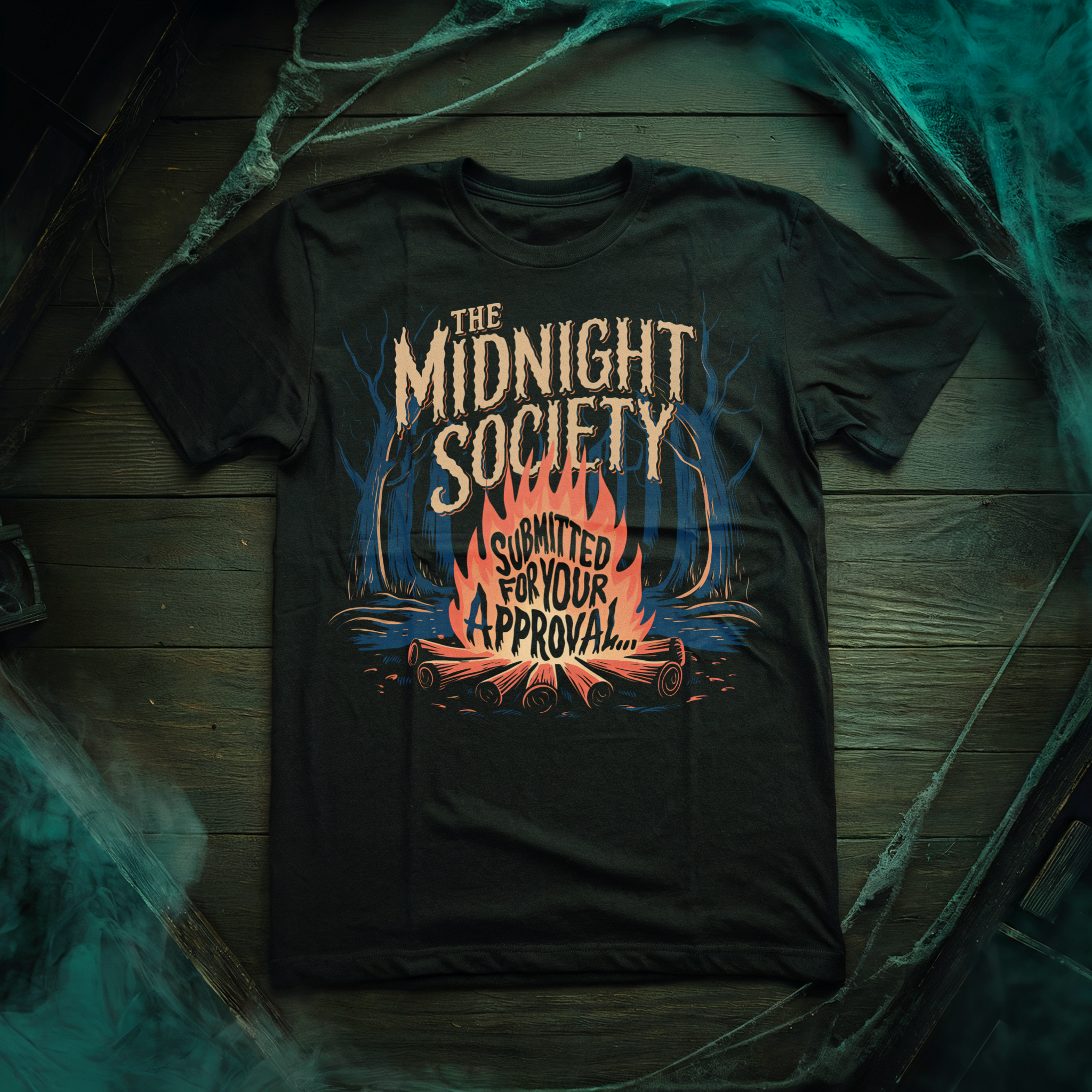Part crime thriller, part psychological horror, Charismata is a dark, atmospheric mystery with a tinge of gallows humor as the corpses pile up to the ceiling.
Rebecca Faraway is a rookie detective investigating a string of gruesome murders across London, England. Each body is found within a salt pentagram, with satanic symbols and three numbers scrawled on a nearby wall. Every crime scene is unique in that different organs have been removed from the victims, such as their eyes or their heart, and the numbers never match with the previous murder. Forensics yield no fingerprints or DNA evidence that might link the murders to a suspect.
Right from the start, Rebecca is given a hard time by the rest of the male-dominated police force. The stereotypical British charm is done away with, leaving only dry wit and “locker room talk” sexism. Rebecca’s suggestions on possible leads are shrugged off and her ability to handle the case is constantly questioned, despite the fact that the other officers are incompetent bumbling fools (and thus, a source of comic relief). Her partner, Eli Smith, although rough around the edges, sees the potential in Rebecca. However, his encouragement can be interpreted as a form of bullying.
Together, they follow-up on any connections to the crime. They first interview the head of a security firm whose employee discovered one of the bodies. He’s very nervous during the interrogation, but with good reason: he only has two employees available for 24/7 surveillance and it’s likely his company won’t be hired again after a murder took place under their watch.
The next suspect is Michael Sweet (Jamie Satterthwaite), the CEO of a real estate company that owns two of the abandoned buildings where the bodies were found. Sweet is suave and attractive, a real Patrick Bateman type. He doesn’t appear to be disturbed by the nature of the killings and even flirts with Rebecca during their inquiry. He assures the two detectives that he couldn’t possibly be connected to the murders since he has never once visited any of the derelict properties he owns. Rebecca believes there’s more to Sweet than he lets on, but is told to drop it by her superiors.
Rebecca is under a lot of pressure. She needs to crack the case before the serial killer strikes again, all the while living in the shadow of her chief superintendent father. To add to that, she has to deal with the stress of selling her house after going through a devastating divorce. To cope with the pressure, she regularly takes handfuls of anti-anxiety prescription medication with a gulp of wine. And that’s when her reality warps into a fanciful nightmare. What begins as psychosexual dreams of Sweet in her bedroom evolve into full-on hallucinations in her waking life of Sweet sadistically glaring at her from every corner. Rebecca’s psychiatrist chalks up her delusions to the combination of alcohol and her medication, mixed in with her insomnia and the trauma of seeing so many dead bodies in such a short span of time, but Rebecca is not convinced. She feels as if she has been cursed.
The first half of the film plays out like a typical episode of CSI. But audience expectations for a rational conclusion are completely subverted with the integration of Rebecca’s hallucinations and a supernatural plot twist. The slow build-up of anticipation pays off in a grandiose way, with an unfortunately abrupt ending that had me jumping up and yelling “what the hell just happened?” I was surprised by the sudden direction the film took, but on my second viewing, I realized certain clues were given throughout the film to set up for the final chapter, some more subtle than others. The most obvious clue is the title Charismata: the plural of charisma, meaning charm, or in theology, a spiritual gift. The second is when Sweet quotes Einstein— “Coincidence is God’s way of remaining anonymous”— in response to his connection to the murders. And finally, there’s the posters plastered around London advertising the play Faust, the medieval legend of a doctor who sells his soul to the devil in exchange for knowledge and power.
Charismata will have you guessing until the very end, but your confusion will be eased by the stylish use of colorful light, especially in Rebecca’s dream sequences. For an independent film, the special effects are superb and the corpses look almost too realistic. Sarah Beck Mather shines as Rebecca, having the look of a woman who is both mentally-disturbed and tired of living in a man’s world. Her partnership with Andonis Anthony as Detective Smith creates a good dynamic, and the two work well off of each other. On the topic of partnerships, this is not the first time that writers and directors Andy Collier and Tor Mian have collaborated, nor will it be their last, as they are joining forces once again in their upcoming project Perpetual, which starts filming next year. They have a clear vision of what they want and an itch to pump out more bloody whodunits.
Charismata had its Midwestern Premiere at this year’s Cinepocalypse.








